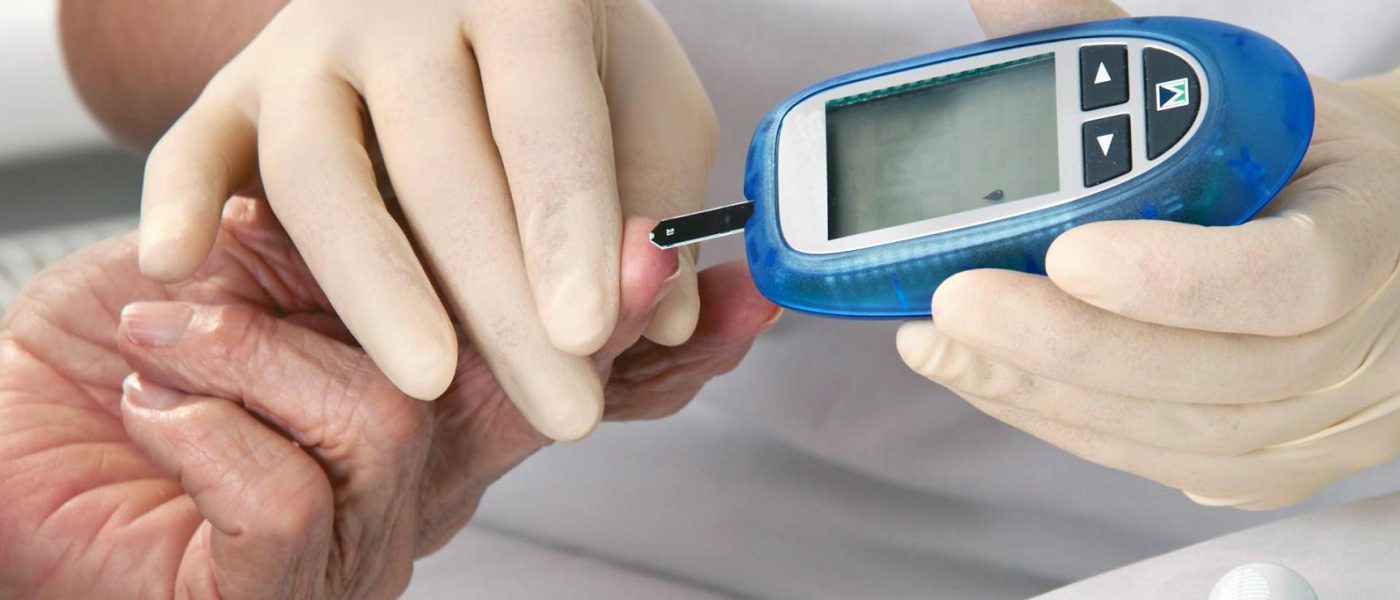Diabetes

Genetic Disorders - Diabetes
What Is Genetic Diabetes Disorder (GDD)?
Genetic diabetes disorder (GDD) is a rare inherited condition affecting how the body metabolizes glucose. People with GDD have abnormally high levels of glucose in their blood, which can lead to serious health problems such as heart disease, kidney failure, and blindness. There is no cure for GDD, but early diagnosis and treatment can help prevent or delay these complications’ development. GDD is caused by mutations in a gene called SLC2A2, which is responsible for transporting glucose into cells. These mutations can be passed down from parents to children, meaning that GDD runs in families. However, not everyone who inherits a mutation will develop the condition.
In most cases, GDD only affects those who inherit two mutated copies of the gene, one from each parent. If you have GDD, working with a healthcare team that can provide comprehensive care and support is important. With regular monitoring and timely interventions, people with GDD can live long and healthy lives.

What Are The Long-Term Complications Of GDD?
Gestational diabetes mellitus (GDM) is a type of diabetes that occurs during pregnancy. It can lead to serious health complications for the mother and the child. If GDM is not treated, it can cause high blood sugar levels during pregnancy, leading to macrosomia (a condition where the baby is larger than average). Macrosomia can cause shoulder dystocia (where the baby’s shoulder becomes stuck during delivery) and birth injury. GDM can also increase the risk of pre-eclampsia (a condition characterized by high blood pressure and protein in the urine), which can be dangerous for both the mother and the child. Untreated GDM can also lead to an increased risk of type 2 diabetes later in life. Therefore, it is important for women with GDM to be monitored closely by their healthcare provider and receive treatment to reduce the risks associated with this condition.
How Can You Cope With A Diagnosis Of GDD Or Care For Someone With It?
A diagnosis of GDD, or generalized anxiety disorder, can feel like a heavyweight. The constant worry and fear can be all-consuming, and it cannot be easy to cope. It is important to remember that you are not alone. Millions of people worldwide suffer from GDD, and many resources are available to help you. Here are a few things that may help you to cope with GDD:
-Talk to your doctor or mental health professional. They can help you to understand your diagnosis and develop a treatment plan.
-Reach out to support groups or online forums. Connecting with others who understand what you are going through can be hugely helpful.
-Practice self-care. Make sure to take care of yourself both physically and emotionally. Eat healthy, exercise, get enough sleep, and do things that make you happy.
When caring for someone with GDD, it is important to be patient and understanding. Remember that they are not choosing to worry, and try to offer support and reassurance. Finally, don’t forget to take care of yourself as well. It is common for caregivers to neglect their own needs while caring for others, but it is also important to make time for yourself. When taking care of someone with GDD, it is also essential to be kind to yourself.
What Are The Symptoms Of GDD?
Symptoms of GDD can be difficult to spot, as they often mimic other conditions. However, some common signs to look out for include excessive sleepiness, irritability, poor appetite, and reduced activity levels. GDD can also cause a decrease in the production of urine and stools, as well as a loss of interest in drinking and eating. If your child is showing any of these symptoms, it is important to speak to a doctor as soon as possible. Left untreated, GDD can lead to serious health complications such as dehydration and malnutrition. However, with early diagnosis and treatment, most children fully recover.
How Is GDD Treated And Managed?
GDD is treated and managed by various methods depending on the severity of the condition. For mild cases of GDD, treatment may involve rest and avoidance of strenuous activity. More moderate cases may require medications such as Ibuprofen or Naproxen to reduce inflammation and pain. In severe cases, surgery may be necessary to repair damaged tissue. Physical therapy is also often recommended following surgery to help people regain strength and range of motion. GDD can be debilitating, but with proper treatment and management, most people can live relatively normal lives.